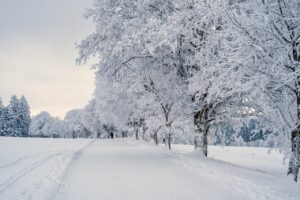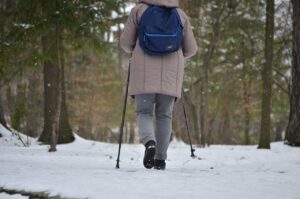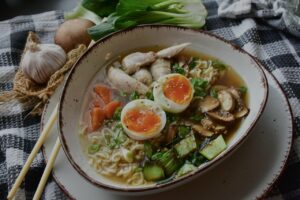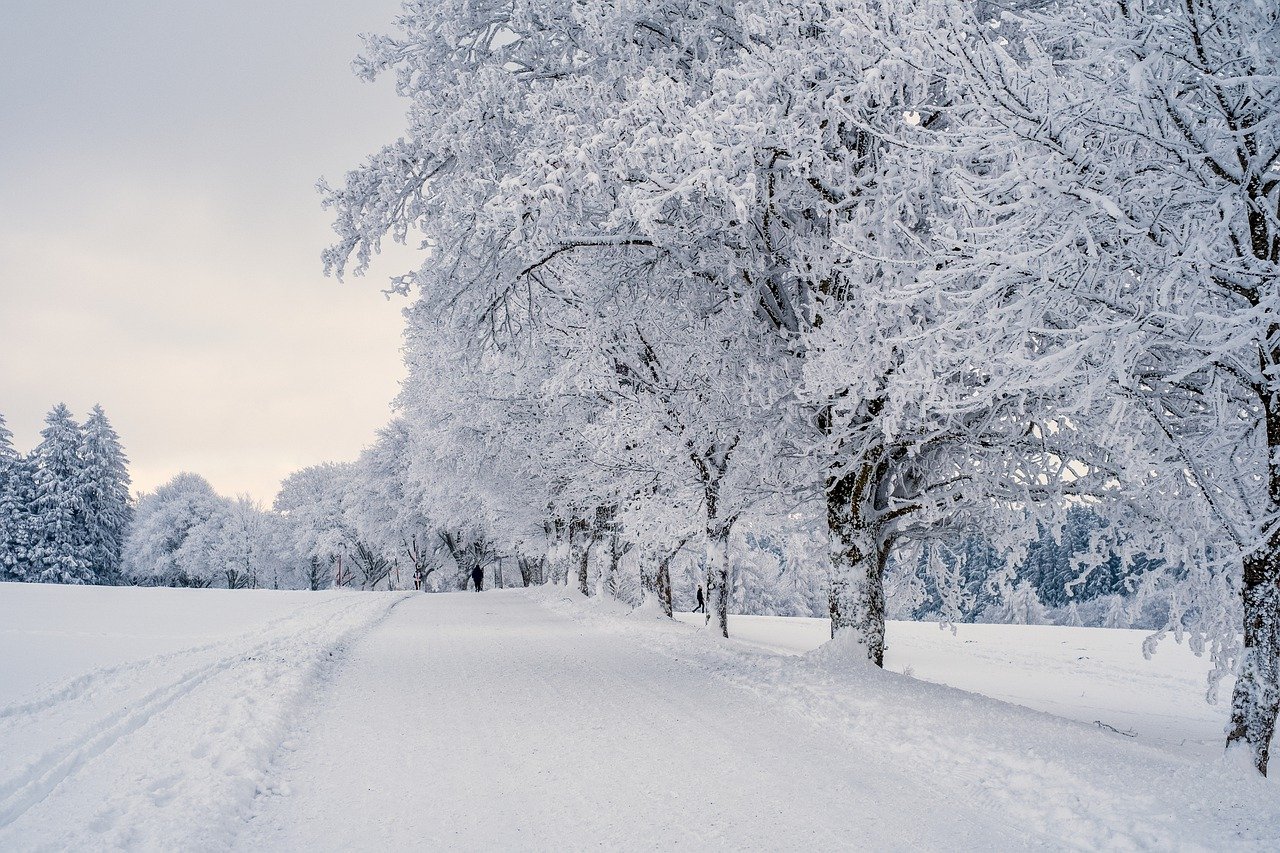 Many ancient cultures recognize the need to live in harmony with the changing tides of the seasons and the natural world, that they lived in. When we (even as modern day cultures) live in harmony with seasonal changes we nurture our greater well-being. Over thousands of years the wisdom remains true.
Many ancient cultures recognize the need to live in harmony with the changing tides of the seasons and the natural world, that they lived in. When we (even as modern day cultures) live in harmony with seasonal changes we nurture our greater well-being. Over thousands of years the wisdom remains true.
Through observation of the natural world around them in daily life, the ancient Chinese created a simple calendar system that has 24 seasonal points based on the way the sun moves in a year. Each time period or solar term is around 15 days. They can be though of as mini-seasons.
Each solar term comes with guidance for eating, exercising and actions for contributing to our seasonal wellbeing, to prevent illness and maintain our balance with the seasons. This post will share the Winter solar terms. These terms and weather conditions are mapped out by farmers in China so the weather does not always match seasonally around the world. But the advice remains the same.
Winter Energy
ELEMENT: Water
ORGANS: Kidney / Bladder / Adrenals
Beginning of Winter – lì dōng – 立冬 – Nov.7th – Nov.21st
The 19th seasonal point of the calendar marks the beginning of winter in China. It may be warmer in many places yet to reach the start of winter. Plants die back, and insects hide. Nature is at rest in preparation for the burst of growth in spring. During winter, Qi and Yang sinks into the deepest layers of the body. It’s time to rest and rejuvenate, preserve our energy, protect against cold disorders, nourish our yang, and guard our deepest yin.
Minor Snow – xiǎo xuě – 小雪 – Nov.22nd – Dec.5th
In this solar term, snow may begin to fall. Although it may only be a small amount, it is a warning sign to start preparing for the winter ahead. The land becomes quieter, cold, and dormant. Animal movements slow, water turns to ice, and plants store energy in their roots. Winter is water element season and is considered the most yin phase of the five-element cycle which makes it slower, inward looking, downward, and more feminine. Calm and restful.
Major Snow – dà xuě – 大雪 – Dec.6th – Dec.20th
During this seasonal point, snow may start to fall more heavily. During winter we need to protect our Jing (essence). Jing is our deepest life force. It is a nourishing energy stored in the Kidneys that provides deep strength and resilience. Jing is depleted with overactivity, so one way to protect this vital substance is with rest and sleep, almost hibernation.
Winter Solstice – dōng zhì – 冬至 – Dec.21st – Jan.4th
During this seasonal point we have the longest nights. During the darkest days of the year, we can turn inward and reflect. We are aware that their is much life hidden away in the darkness. This time of stillness and slowing down helps us nourish new seeds of potential, move toward the light, and face our fears – the emotion related to this time of year. It’s a time of introspection and self care.
Lesser Cold – xiǎo hán – 小寒 – Jan.5th – Jan.19th
At this point, the weather rapidly becomes cold. In Chinese Medicine the environmental factor that tends to cause diseases most easily in winter is “cold” 寒. There are two types of cold – external and internal. Internal Cold is due to a lack of yang in the body, and external cold can be from the external pathogen “cold” attacking the body. Self-care practices should generate warmth but without drying or overheating. In particular keep the head, neck, lower back, and chest warm. Gentle movement, healthy nourishing food and wrapping up the body.
Greater Cold – dà hán – 大寒 – Jan.20th – Feb.3rd
This is considered the coldest time of year. Energy really slows now naturally due to the cold, so it’s important to warm the body this time of year, it’s also important to not allow stagnancy to build. Movement, although gentle is vital to prevent stagnation which causes illness, wrap up warm and move your body.
 Tips for Winter Wellbeing
Tips for Winter Wellbeing
- Eat foods that protect the Kidneys and Jing – black/kidney beans, seaweed, black sesame
- Add a little more salty flavour in early winter, and stimulating spices (especially if you’re cold or feeling stagnant): miso, soy sauce, seaweeds, salt, millet, barley, cloves, ginger, and cinnamon.
- Eliminate cold foods and drinks, protect the body keeping it warm inside
- Eat warming/Building/Sweet foods – whole grains, oats, roasted nuts, seeds, dried foods, small dark beans, leeks, steamed winter greens, walnuts, root veggies, squash, dates, dairy, meat, legumes
- Make warming stews and soups – Slow cooking, soups, and stews support yin, yang, and Qi. Traditionally meat products are used to supplement the deep reserves in the body, bone broth as a base for cooking is particularly nourishing.
 Self care for Winter Wellbeing
Self care for Winter Wellbeing
- Turn off bright lights and use dimmer lamps and candles in the evening
- Take things slowly
- Don’t schedule too many evening engagements, you should be in resting energy
- Keep your lower back, head, neck, chest and feet covered and warm, keep the external cold out, protect your kidneys
- Go to sleep earlier.
- Treat yourself to a warm bath with warming oils like cinnamon.
- Practice meditation daily in the morning or evening.



No Comments